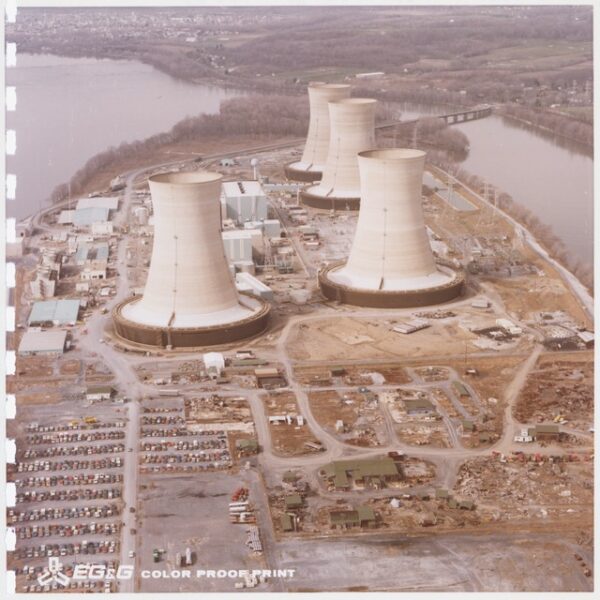On March 28, 1979, the United States experienced a near-miss that could have changed the nation forever when a coolant leak at the nuclear power plant on Three Mile Island nearly led to a full meltdown. Situated near Harrisburg, Pennsylvania, Three Mile Island was meant to showcase the potential of clean, safe energy. However, that day’s events shattered those hopes, leaving behind fear and uncertainty.
The meltdown unfolded gradually, starting with equipment failures and human errors. Problems with machinery and mistakes by operators led to a coolant loss, causing the reactor core to overheat. As temperatures rose, panic spread among plant workers who struggled to control the escalating situation.
Things reached a critical point when radioactive gases started leaking into the air. Concern grew as news of the accident spread, sparking fear and confusion among the public. People began questioning the safety of nuclear plants and the competence of regulatory bodies, casting doubt on the reliability of nuclear energy as a viable power source.
In the aftermath, the extent of the damage became clear. Though the containment structure prevented a massive radiation release, significant amounts of radioactive material had escaped into the environment. The impact on public health and the environment would be felt for years, with studies linking the accident to increased cancer rates and environmental contamination.
The Three Mile Island incident exposed the risks and vulnerabilities of nuclear power, prompting a reevaluation of safety measures and regulatory oversight and likely cost America billions by making the public sour on nuclear energy. Substantial reforms followed to improve reactor safety and emergency response, including better training for plant workers and stricter regulations.
Despite these efforts, the memory of Three Mile Island remains vivid. The accident shattered the belief in nuclear power’s infallibility, highlighting the potential consequences of a technology harnessing atomic energy. It emphasized the need for vigilance and accountability in the pursuit of nuclear energy, challenging us to address the ethical and practical concerns it raises.
Since the meltdown, debates about nuclear power’s future have continued. Supporters argue for its importance in combating climate change as a low-carbon option. Critics, however, stress the risks and uncertainties associated with nuclear energy, advocating for more investment in renewable alternatives.






